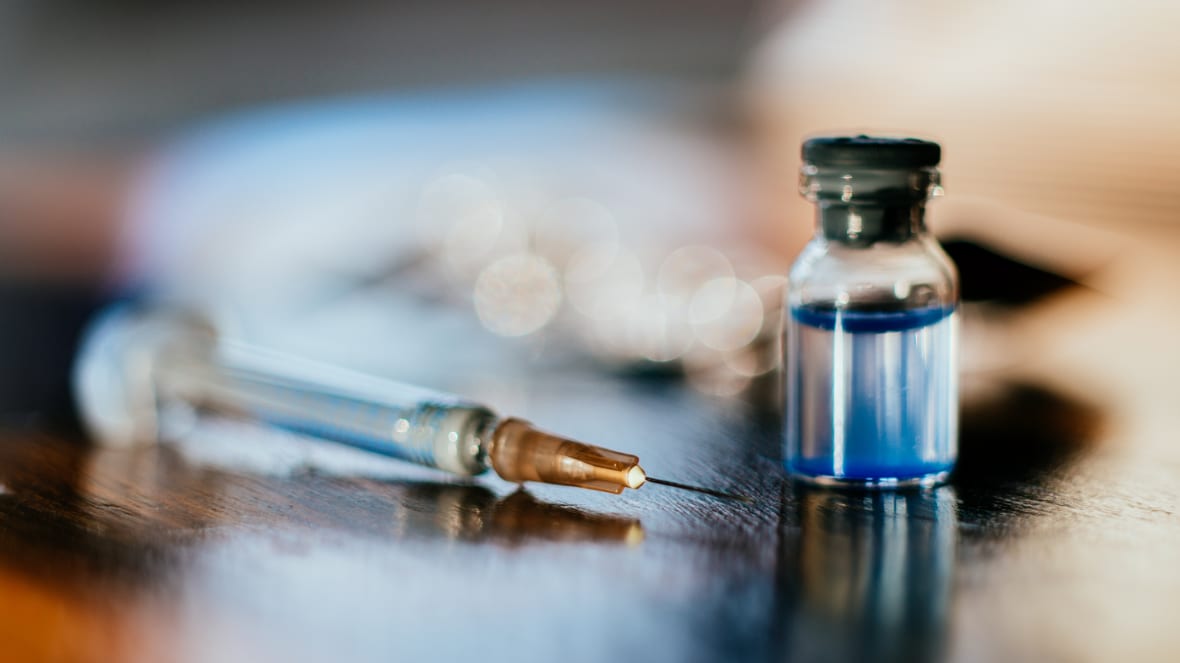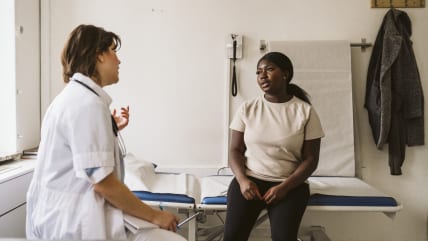Two weeks after Eli Lilly’s move to cap insulin prices at $35, another second company has entered the chat.
On Tuesday, Novo Nordisk announced that effective Jan.1, 2024, it will be lowering U.S. list prices of several different insulin products by up to 75%.
According to a release, the products included in the price cuts are both prefilled pens and vials of basal (long-acting), bolus (short-acting) and pre-mix insulins, specifically Levemir, Novolin, NovoLog and NovoLog Mix 70/30. This will also include reducing the price of what’s known as unbranded biologics.
 Novo Nordisk announced price cuts up to 75% on insulin two weeks after Eli Lilly announced a $35-a-month price cap on the medication. (Photo credit: Getty/ Guido Mieth)
Novo Nordisk announced price cuts up to 75% on insulin two weeks after Eli Lilly announced a $35-a-month price cap on the medication. (Photo credit: Getty/ Guido Mieth)Steve Albers, Novo Nordisk’s senior vice president of market access and public affairs, said in the release that the company has been working to develop a sustainable path forward “that balances patient affordability, market dynamics, and evolving policy changes.”
Added, “Novo Nordisk remains committed to ensuring patients living with diabetes can afford our insulins, a responsibility we take seriously.”
Novo Nordisk is the second pharmaceutical company to date to dramatically slash prices since the Affordable Insulin Now Act, which caps insulin prices on medicare at $35 a month, was passed last year. Two weeks ago, Eli Lilly created buzz when the company announced its decision to cap the cost of insulin at $35 a month out-of-pocket for customers. At the time, Eli Lilly CEO David Ricks said the company was slashing prices before any future legislation required it and to potentially inspire others to follow suit.
“Why wait? We’re at our own expense and effort providing a cap on Eli Lilly insulin. That’s what we can do, and then calling on partners across the system to step up, as I said, and do more,” he said.
Both Eli Lilly’s and Novo Nordisk’s decisions this month will have a significant impact on the quality of life for many Americans, but especially Black Americans. Approximately 37 million individuals in America live with diabetes, including roughly 12.7% of Black people, and 96 million are at risk of developing the disease.
Speaking to the Grio, Dr. Otis Kirksey, the American Diabetes Association (ADA) president of healthcare and education, said eight out of 10 adults do not know they are at risk of developing the disease and that young adults and children are developing both type-1 and type-2 at alarmingly increased rates. He also said Black and brown communities living with this disease face a host of systemic barriers, including access to healthy foods, proper education about the disease and affordability of medicine — of which food is a major component.
“If you can’t afford the medications, you can’t manage the disease,” he said.
TheGrio Lifestyle reporter Kay Wicker contributed to this article.
TheGrio is FREE on your TV via Apple TV, Amazon Fire, Roku, and Android TV. TheGrio’s Black Podcast Network is free too. Download theGrio mobile apps today! Listen to ‘Writing Black’ with Maiysha Kai.
.png)











 English (US) ·
English (US) ·